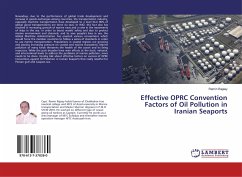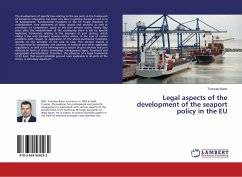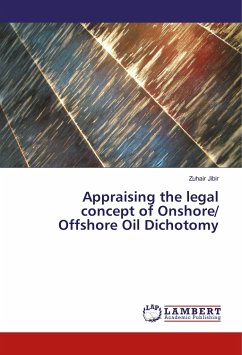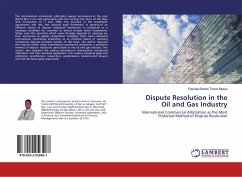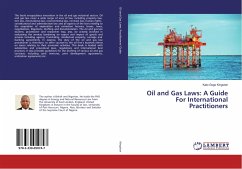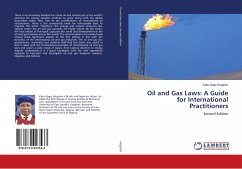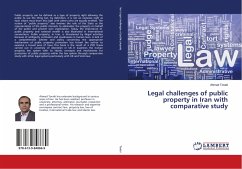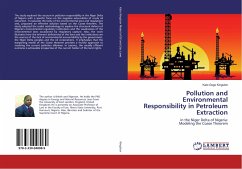Nowadays, due to the performance of global trade development and increase in goods exchanges among countries, the transportation industry, especially maritime transportation have developed to a level that 90% of global good transportations are done via seas. In IMO, this fact also has resulted in increasing growth of marine navy and a raise in the movements of ships in the sea. In order to boost vessels' safety and also to protect marine environment and channels, and to save people's lives in sea, the Global Maritime Administration has enacted various conventions which would force the member countries to follow a series of standards in order to use marine transportation. Populations in coastal regions are growing and placing increasing pressure on coastal and marine ecosystems. Marine pollution of many kinds threatens the health of the ocean and its living resources. While the past decades have seen efforts at the local, national, and international levels to address the problems of marine pollution, more needs to be done. Hereby talk about effective factors on success of OPRC Convention against Oil Pollution in Iranian Seaports that really needful for Persian gulf and Caspian sea.
Bitte wählen Sie Ihr Anliegen aus.
Rechnungen
Retourenschein anfordern
Bestellstatus
Storno

